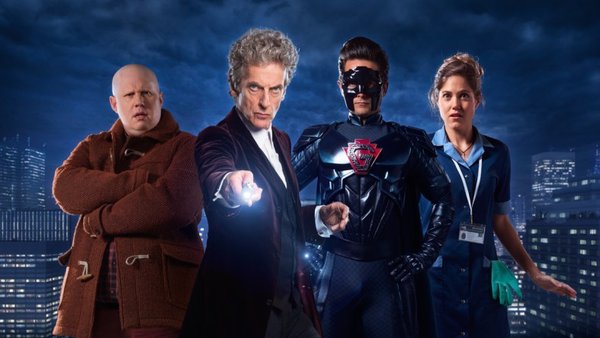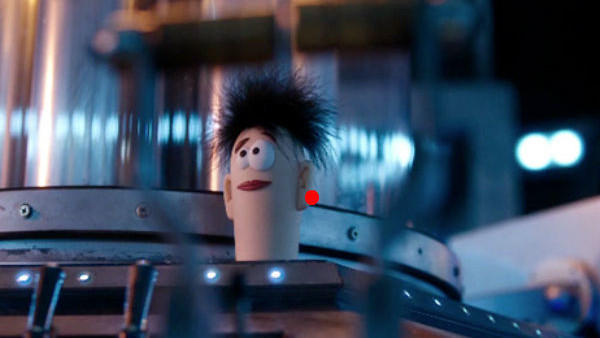10 Reactions To Doctor Who: The Return Of Doctor Mysterio
Is the Return of Doctor Mysterio a return to form for Doctor Who?

The Return of Doctor Mysterio has been one of the series’
most hotly anticipated episodes since the show itself returned in 2005. The
yearlong break, coupled with the resolution of almost all of the show’s arcs by
the end of 2015, created a sense of anticipation and intrigue as to what would
be in store for the Doctor in Steven Moffat’s last year as showrunner.
After a string of increasingly festive Christmas specials, Moffat decided to reign back the seasonal references, choosing instead to base this year’s special on the ever popular genre of the superhero movie. Once again then, we meet the Doctor back in the United States, this time to fix perhaps the last remaining unresolved thread from Steven Moffat’s tenure (the time distortions from The Angels Take Manhattan). It should have been a quick fix for a change, but the Doctor creates a whole new problem of his own whilst inadvertently stumbling upon yet another Christmastime alien invasion.
There is much to admire about this atypical episode, but as we shall see, it’s not an entirely successful return.
10. Great Entertainment For The Whole Family

A common and somewhat disingenuous criticism of Steven Moffat’s
Doctor Who episodes has been that his plots are far too convoluted and require
the viewer to know a great deal about the show’s mythology. It’s an accusation
that certainly cannot be levelled against this year’s Christmas special. There
are more nods here to the comic book worlds of DC and Marvel than there are to
the Doctor’s recent and distant past.
There is the tiniest bit of name dropping to remind us that this isn’t the Doctor making a guest appearance on an entirely different show, such as to UNIT and Osgood. We also have a much needed, though brief explanation as to why Nardole, last seen decapitated, is back to life here, but the plot is as straightforward as they come. This is the nearest to a standalone episode that Moffat has ever come.
The tone is very much written with the casual viewer in mind, peppered with plenty of cross generational humour, from the Mr Huffle toy and pokemon reference, to the adolescent Grant’s innuendo laden levitation. A heavy reliance on stereotypes helps to maintain the pace and fluff by not getting too caught up in backstory and characterisation.